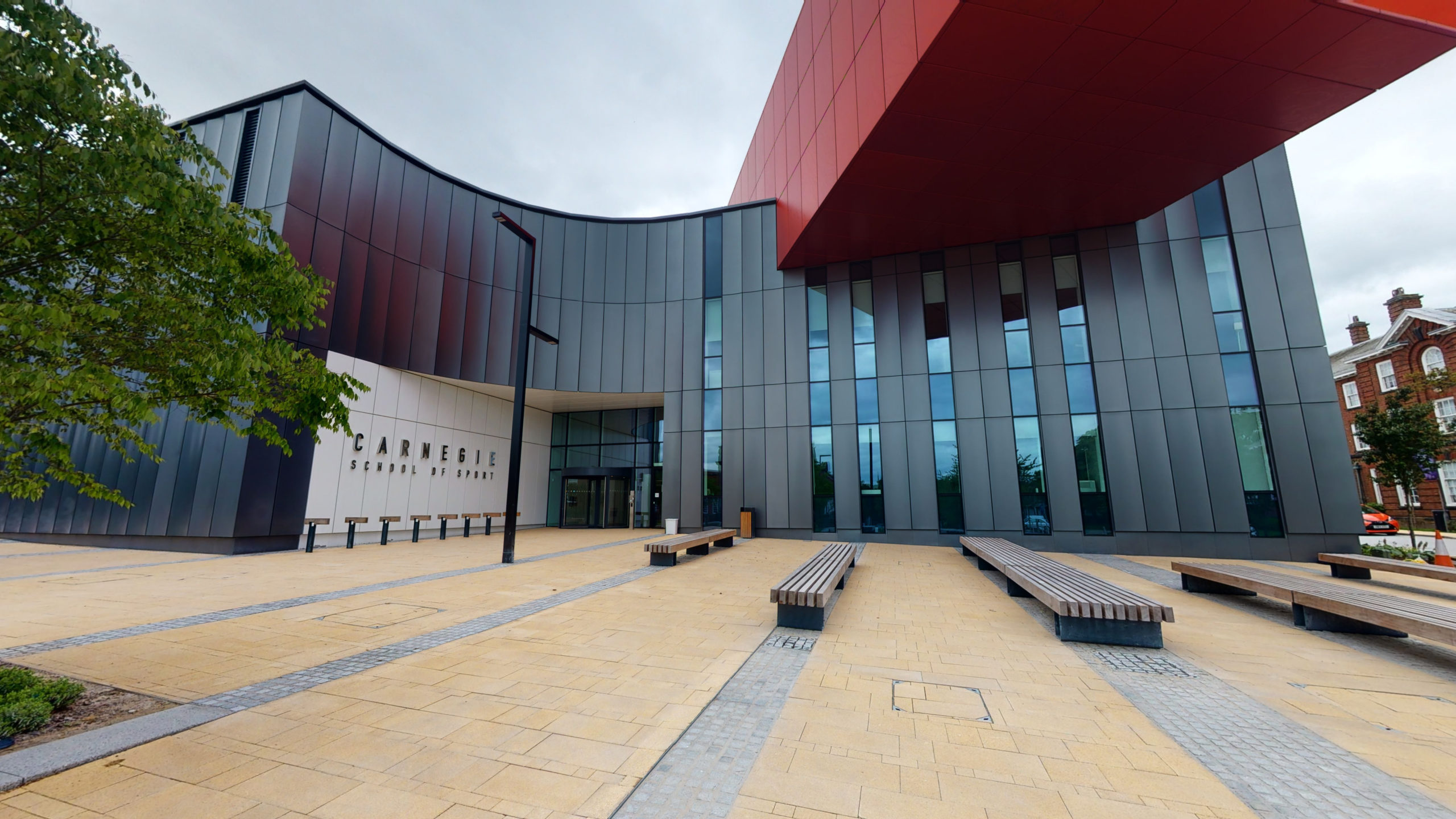- ...
Postgraduate Studentships - Search for funding opportunities.
Postgraduate Studentships - Search for funding opportunities.
Make a positive difference to the lives of people around the world, addressing the global challenges of poverty and violence by linking theory and practice. Our course is an opportunity to develop your awareness of the relationships between peace, conflict resolution and development, both locally and internationally.
You will consider issues such as gender, poverty, livelihoods, human rights, the role of civil society and community participation in decision-making and governance. From security threats and terrorism, to the arms trade and non-violent social movements, you will acquire an in-depth insight into global issues. You will also study the political, economic, cultural, environmental and technological changes that influence development decisions.
Our teaching is delivered in small groups of students from around the world. We place a real emphasis on international debate, giving you access to a range of cultural perspectives, and provide you with skills in project management and funding, essential for working in the field.
For fees and funding information please see our website
You will find employment opportunities in the UK and overseas working for non-governmental organisations, the public sector and the media. Previous graduates from our University have gone on to work as teachers, social workers, journalists, development workers, university lecturers, government consultants and business managers, or have pursued their research interests and taken on PhDs.
Charity/ Aid Worker
Government Advisor
Journalist
PgDip option is also available.
This provides an introduction to the core theories of war, peace and conflict reconstruction and an analysis of the major drivers, key theorists and practitioners.
Critically examines and integrates peace and development discourses around post-conflict reconstruction and considers recovery from major disasters such as earthquakes and tsunamis.
This module critically examines the conceptual framework of international development in a global context, introducing a variety of different perspectives. You will become familiar with ‘development orthodoxy’ and critiques of it.
Deconstructs the truth content of contrasting and often contradictory models of key security issues from the competing state power and human security perspectives.
Allows you to apply your learning to an in-depth investigation of a research question of your choice. This might be related to interests you develop during the course or to a topic related to your existing work or career aspirations. You will be supervised by an experienced member of staff who is also an active researcher, and produce a 12-15000 word thesis.
This develops your ability to design suitable research questions, match them to appropriate research methods and apply these in a reflective and ethical way.

Studying a postgraduate course lets you develop a deeper understanding of your chosen subject. This has the potential to significantly increase your ...
Sign up to Postgraduate Studentships
Sign up to compare masters
Thanks for making your selection. Click below to view your comparisons.